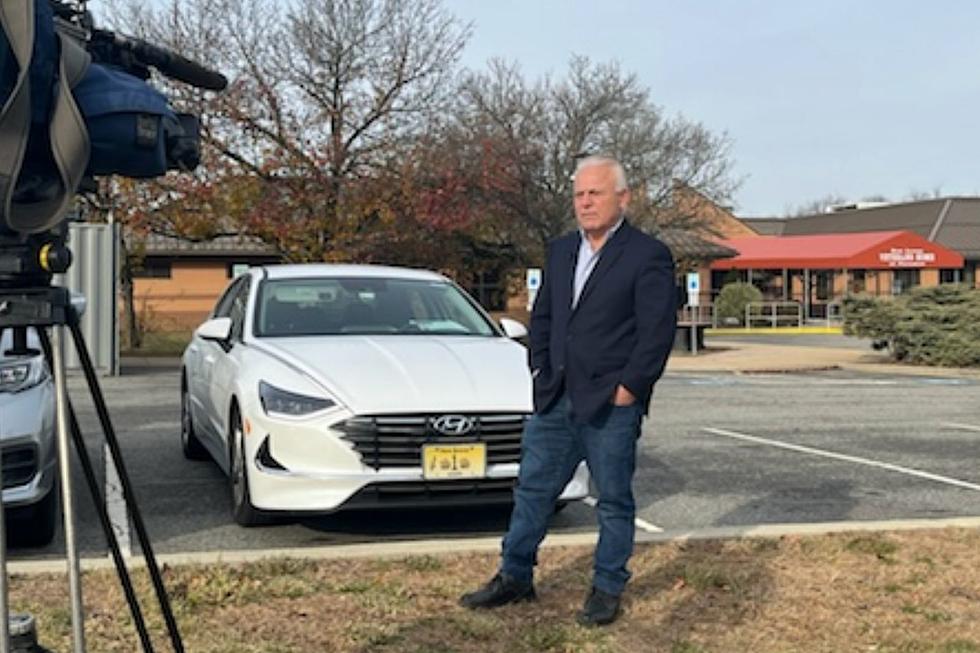
Study finds many in NJ don’t know paid family leave exists
New Jersey is considered a leader in policies that support working families, with the state having one of the top paid family leave programs in the nation, but a new Rutgers Center for Women and Work study finds it's woefully underutilized, in part because a lot of New Jerseyans don’t know it exists.
The paid family leave program provides up to 12 weeks of paid time off and wage replacement of up to 85% for workers who have a new baby or a newly adopted child, or if they’re taking care of a relative or loved one who is sick.
Paid family what?
A recent Rutgers-Eagleton Poll found only 53% of New Jersey residents know the program exists, according to Debra Lancaster, executive director of the Rutgers Center for Women and Work.
“Awareness of this program has been a problem from the beginning. We still don’t see evidence that people know about paid family leave,” she said.
Lancaster said the New Jersey Department of Labor and Workforce Development needs to make sure more $1 million appropriated annually is being used for education and outreach so more workers know about this benefit.
The application is confusing
Lancaster said another area where improvement is needed is with the application itself.
“What might seem like a straightforward question, for example 'When will you return to work?', is often rife with confusion. People aren’t sure when they’re going to return to work,” she pointed out.
Lancaster said some kind of a guide or assistance could help workers fill out the paperwork.
Money is needed for food and rent
Lancaster noted another issue of concern is reports from workers about payment delays.
“Most people do live relatively paycheck to paycheck, and it’s a big step to step back from paid employment. You need to know the money is going to be in the bank so you can pay your rent,” she said.
She said most employers are supportive of paid family leave but there is significant confusion about the particulars of the program.
“Obviously, if employers aren’t clear on the program employees probably aren’t either,” Lancaster said.
Some workers feel embarrassed to take the benefit
Lancaster said there is also a cultural issue that needs to be addressed.
She said in some workplaces, employees indicated they didn’t feel comfortable taking paid family leave, so it’s important to drive home the fact through education that this is beneficial for everyone in the family and it also helps to retain the talent pool in the workforce.
“Collectively, we need to think about how can we shift our culture to one that recognizes that caregiving is part of all of our jobs, most people’s jobs. Most of us are caregivers at some point in our life,” she said.
Previous studies have demonstrated paid family leave produces significant benefits in many ways, including better health outcomes for moms and children and greater economic security for low-paid and single mothers, and fathers are more likely to take an active role in caregiving.
You can contact reporter David Matthau at david.matthau@townsquaremedia.com.
[carbongallery id="6183d9a9a2ff9b4ff4987858"]
NJ towns and their nicknames
More From Beach Radio










